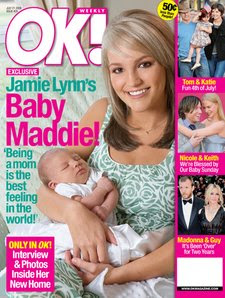Last month I wrote about Plan B (birth control ) being available to teens “as young as 15.” That’s changed. A district judge ruled that the FDA must comply with a court ruling to “make Plan B One-Step contraceptive pills available to women and girls of any age without a prescription.” The Obama administration had opposed children having access to Plan B over the counter, but on June 10 abandoned its opposition according to a Washington Post article.
What is Plan B? Someone who is concerned about the possibility of pregnancy takes Plan B (one or two pills, depending on the formula) within 72 hours of intercourse. These pills contain high doses of a synthetic version of progestin, a steroid hormone. The idea is to prevent ovulation, or prevent the sperm from fertilizing the egg, or if fertilization has happened, to prevent a fertilized egg from implanting in the womb. This last result is the one that is controversial for those who believe life begins at fertilization. It is controversial to a LOT of people that young children be given access over the counter to these hormones!
The thought that our young children could be convinced that “nothing will happen” and that a pill can be obtained to (supposedly) wipe away the consequences of a sexual act is more than disturbing to me. In the 10 years I’ve been teaching in schools, I’ve seen the debut of sexual activity begin at younger and younger ages. Indeed, sexual predators, molesters, or even just “players” use the excuse that “nothing will happen” (because we’ll “use a condom” or “take pills”) to pressure and persuade. Early sexual activity simply puts children at risk of emotional, social, and physical consequences.
Young children (OUR children) obtaining powerful hormones without our knowledge seems to me to be a recipe for great hurt.

